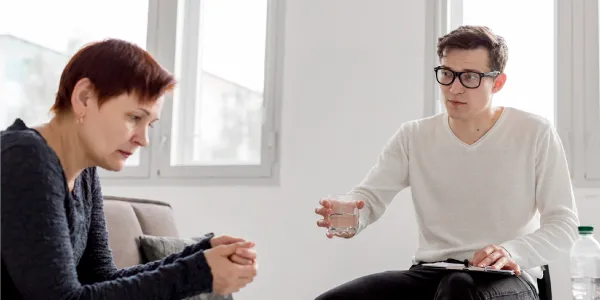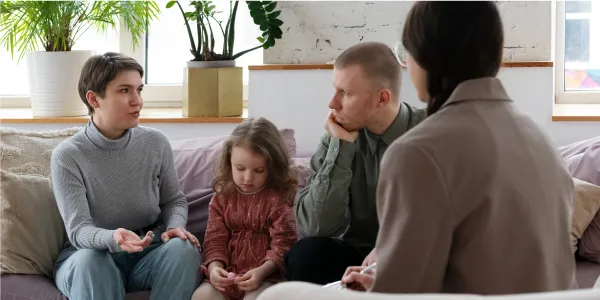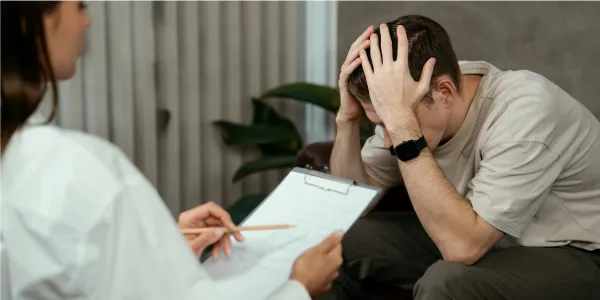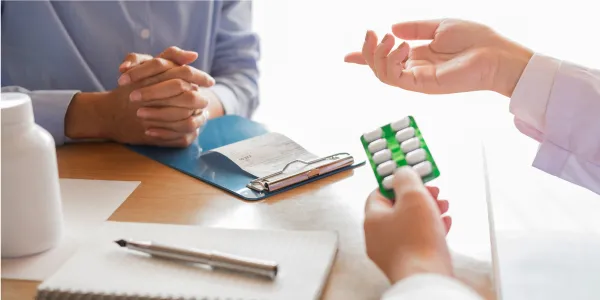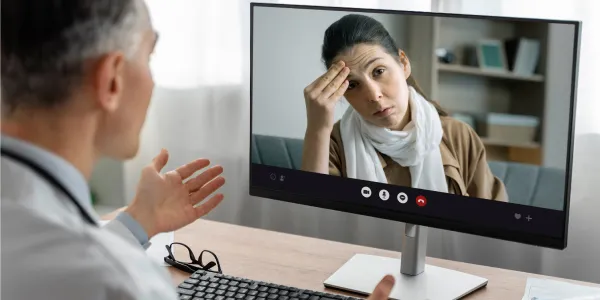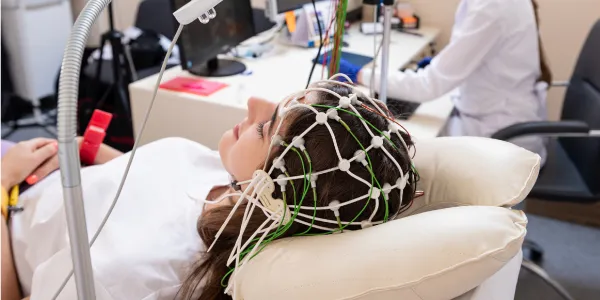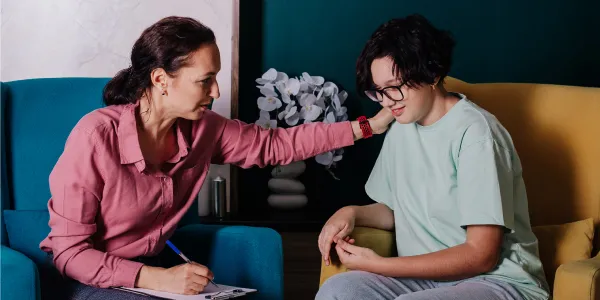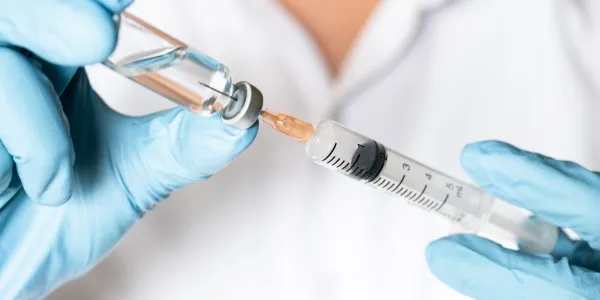Group Therapy
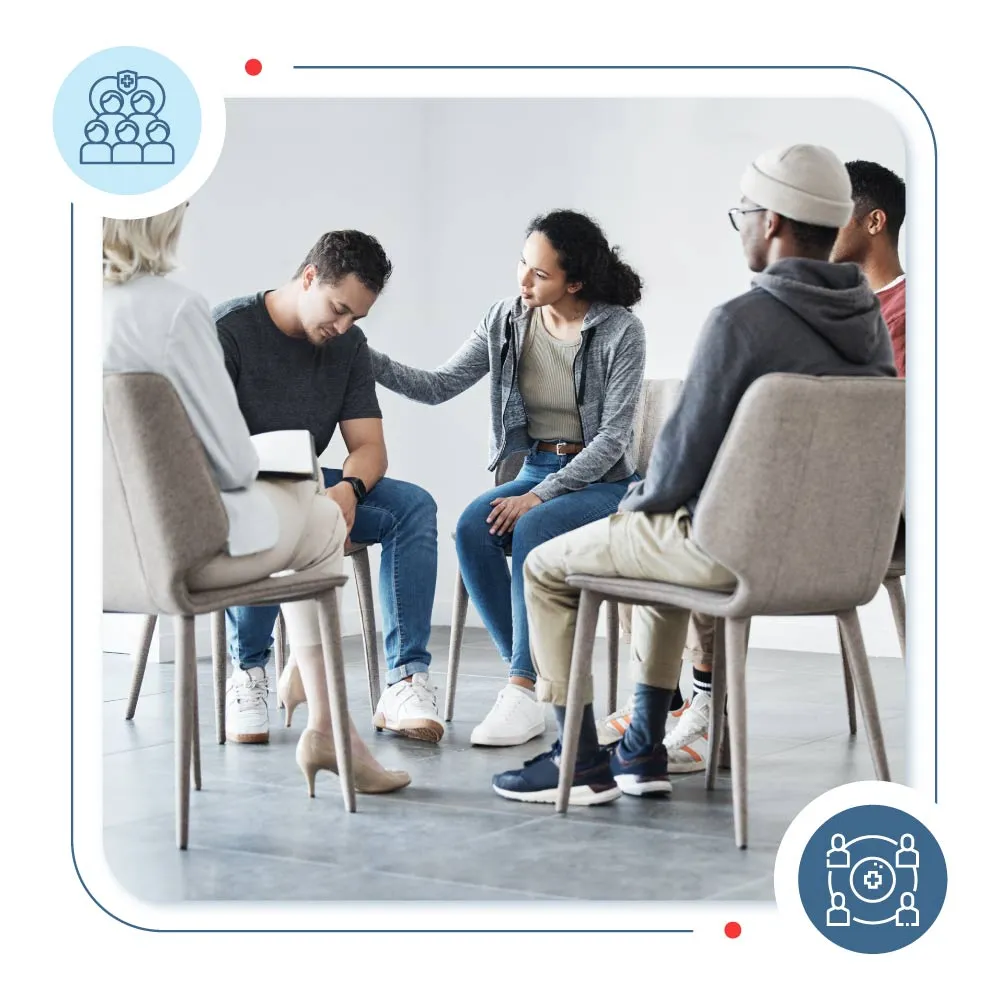
What is Group Therapy?
It is common to see a group of individuals gathered, each waiting for their turn to share their challenges with a therapist. However, group therapy is more than just discussing personal experiences—it is a structured form of psychiatric treatment. Group therapy is a type of talk therapy and is a proven and tested approach to managing many mental health issues effectively.
At Mid Cities Psychiatry, our mental health professionals understand the deep impact of collective healing. We offer expert-led group therapy sessions where individuals with common concerns come together to support each other. If you want to schedule a session for group therapy in Euless, TX, book your consultation with us today.

What is Group Therapy used for?
Group counselling serves as an effective treatment option for psychiatric disorders with or without supplementary management approaches. Consider yourself a good fit for a group session if you’re experiencing any of the following:
- Struggling with mood issues such as extreme anger, depression
- Anxiety disorders
- Panic disorder
- Phobias
- Substance abuse disorder
- Attention deficit hyperactivity disorder (ADHD)
- Post-traumatic stress disorder PTSD
- Fighting stressful conditions, e.g., divorce, loss of a loved one, domestic violence, trauma, extreme obesity, chronic pain, incurable illness
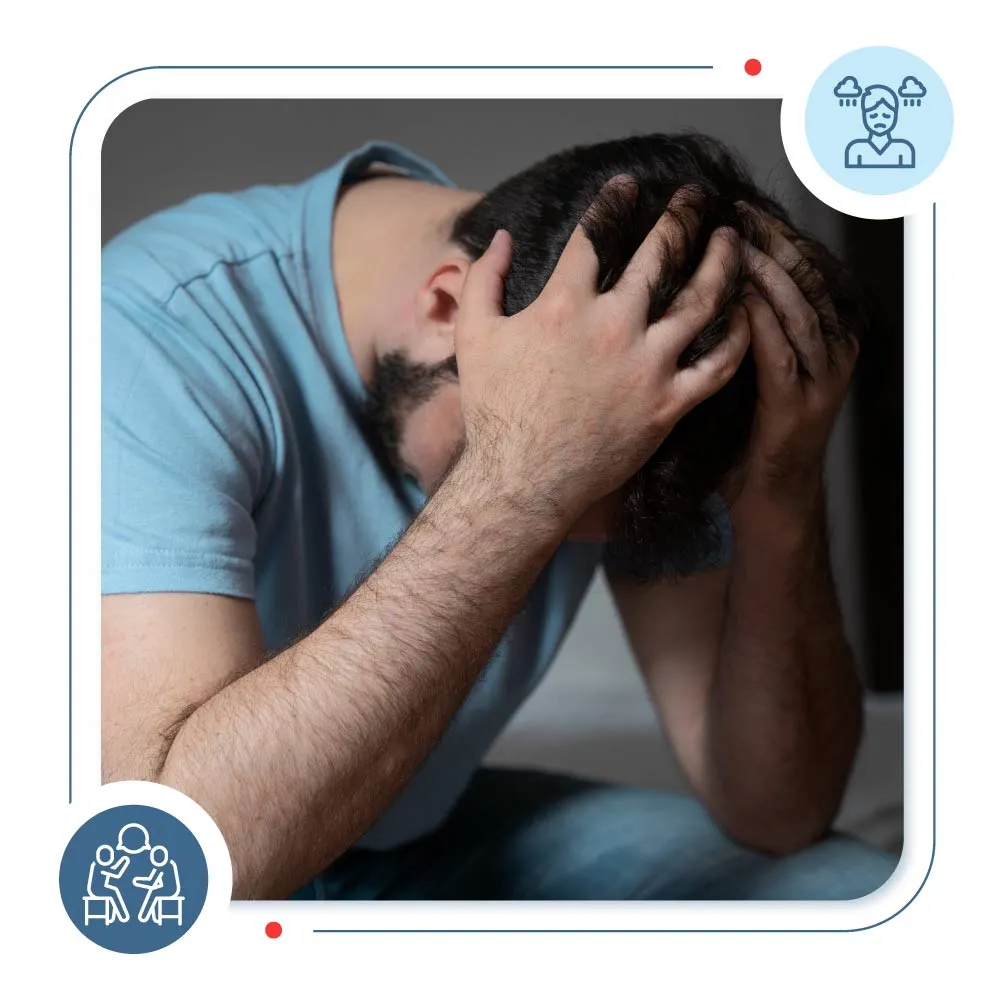

Group Therapy Techniques
Process oriented techniques
Through real-time practice, members learn to examine their emotions and behaviors as they happen naturally. Group members either use role-playing or psychodrama to uncover their relationship patterns. This helps them develop better self-awareness and emotional expression.
Cognitive and behavioral techniques
These goal-oriented therapeutic methods help patients recognize and transform negative thought patterns and unhelpful behaviors to establish better coping mechanisms. Three fundamental therapeutic methods, namely cognitive restructuring, exposure therapy and skills training, function in the treatment of anxiety, depression and stress management.
Interpersonal and Supportive Techniques
These techniques emphasize group connection and shared experiences to reduce isolation and foster personal growth. Universality, altruism, and group cohesion enable group members to feel understood while receiving support from peer interactions.
What are the Stages of Group Therapy?
Group therapy stages allow members to eventually progress forward and work towards self-improvement.
- Forming: The members of the group start to know one another while setting mutual guidelines.
- Storming: Members start expressing their divergent opinions as they gain confidence to share freely with others.
- Norming: Group members build unity through mutual support.
- Performing: All members actively take part in therapy sessions and implement therapy methods, which results in their personal growth.
- Adjourning: Participants evaluate their accomplishments before concluding the group work.
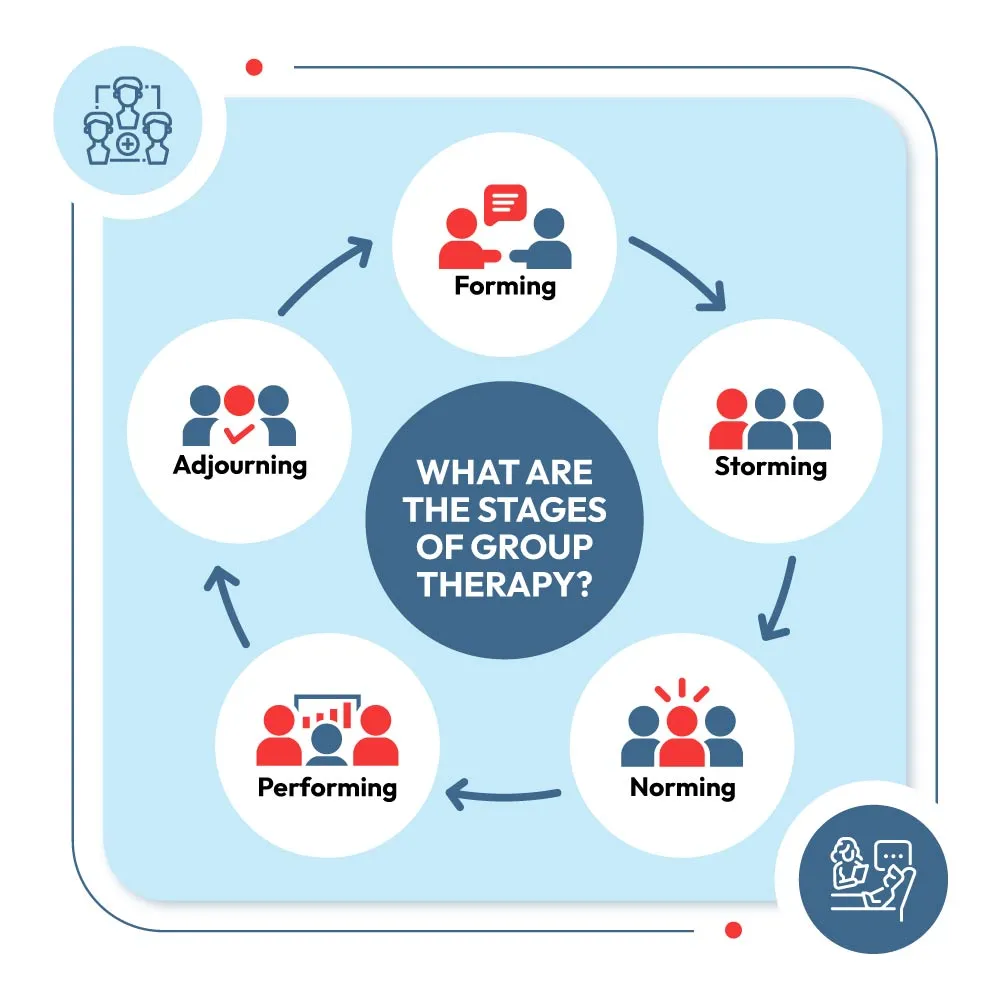

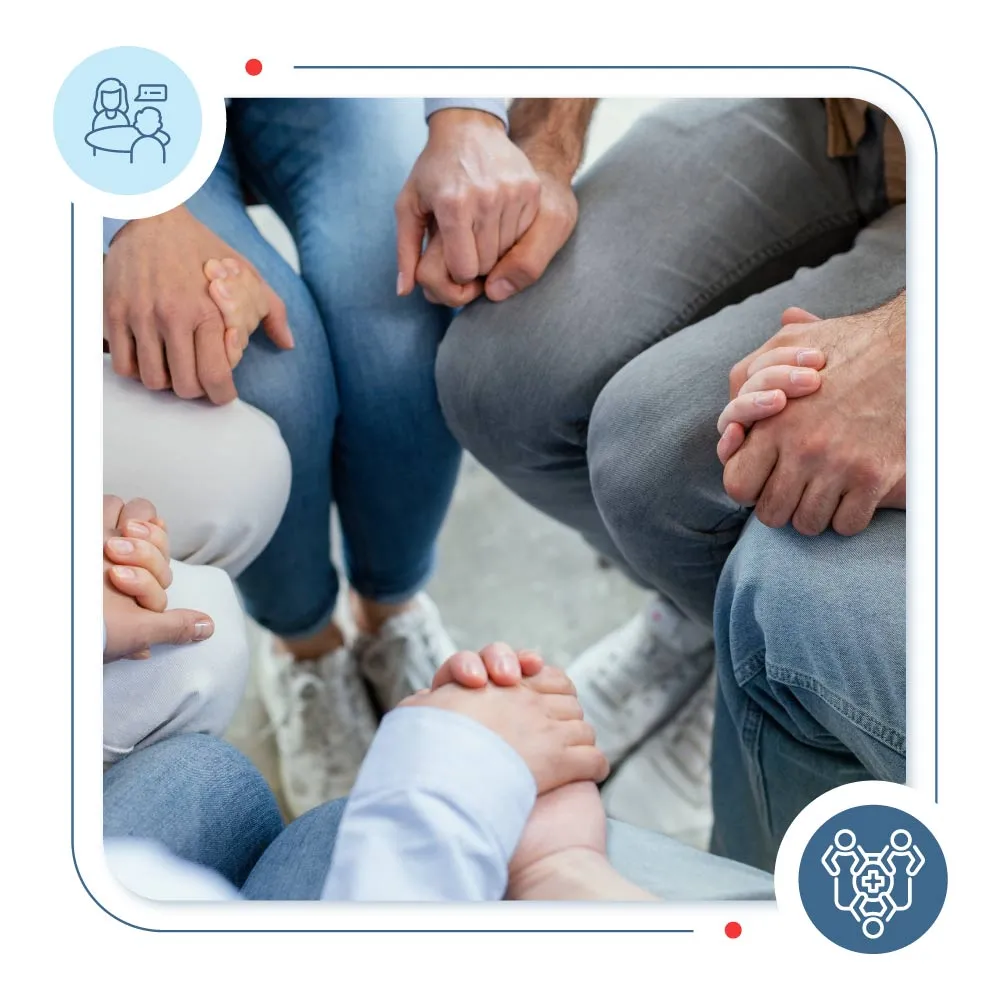
Benefits of Group Therapy
Group therapy not only lets you receive expert opinions but also allows you to gain support and encouragement from other members. This approach particularly helps you reshape your negative behaviors in a safe and secure environment. You’re likely to experience several other benefits, including:
- Group therapy reduces the waiting time to reach a mental health professional.
- It’s a more empathic approach to understanding that others are also facing the same issue, which promotes the feeling of inclusion and reduces the burden of loneliness.
- Group sessions open new perspectives of thinking and provide diverse viewpoints that help you reframe your negative thought patterns.
- Participants eventually learn group therapy skills, including better communication strategies and healthier coping skills to fight real-life situations.
- Group counselling is more cost-effective than individual therapy sessions while providing similar benefits.

Why Choose us for Group Therapy
Choosing our group therapy program offers a clinically sound and supportive adjunct to your mental health care. Our licensed therapists expertly facilitate dynamic group sessions, fostering a therapeutic milieu for interpersonal learning and the development of adaptive coping mechanisms. Within a confidential setting, you’ll gain valuable insights from shared experiences, reduce feelings of isolation, and cultivate enhanced social skills.
Our evidence-based group modalities address a spectrum of psychological concerns, promoting emotional regulation and resilience. If you want to discover how group therapy can heal you, schedule your consultation at Mid Cities Psychiatry and let our team support you through group counselling.


FAQs
01
How many participants can be in a group?
Groups with participant sizes between 5 and 12 people ensure beneficial communication while maintaining personal comfort.
02
How long does a typical group session last?
Most group therapy sessions at Mid Cities Psychiatry are scheduled for 60 to 90 minutes. The frequency of sessions can be from once to several times per week, depending on the type of therapy group and its objectives.
03
Is mental health group therapy right for me?
Before starting group therapy, seek guidance about its appropriateness from a mental health specialist. You may need to explore several groups until you discover the ideal one. Group members should be willing to share their experiences with the understanding that discussions are meant for personal growth, not judgment.
04
Can group therapy be combined with individual therapy?
Yes. Some patients can benefit from participating in both group and one-on-one therapy sessions. This way, clients gain a better emotional understanding and develop practical skills to support their long-term recovery.
Real Stories, Real Recovery





Mental Health Treatments Offered by Mid Cities Psychiatry
Buprenorphine Treatment is a medical intervention primarily for managing synthetic opioid,…
Clozaril is an atypical antipsychotic used to treat mental health conditions like schizophrenia and …
Life can be overwhelming at points where your emotions spiral out of control and relationships…
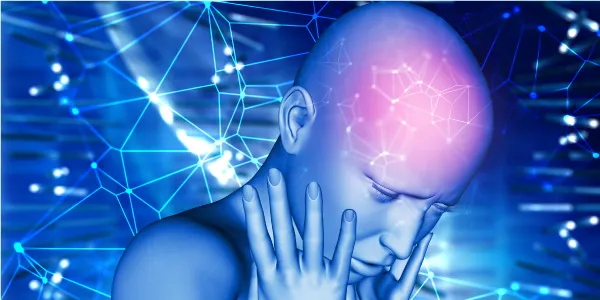
EMDR
The people you care about might stumble through tough times now and then. Guiding them toward…
Family psychotherapy, also known as family therapy, is a specialized form of counseling that…
At Midcities Psychiatry, our mental health professionals understand the deep impact of…
Individual therapy or psychotherapy is a one-on-one therapy session between you and a licensed…
An intensive outpatient program (IOP) is an organized, non-residential rigorous treatment plan…
Ketamine infusion therapy is an FDA-approved treatment of psychiatric disorders where…
Long-acting injectables (LAIs) are unique formulations of the same psychiatric medications …
Panic disorder is a common and serious mental health issue, but you are not alone. We understand…
Psychiatric medication management covers more than just advising drugs for your mental health issue…
Supportive Psychotherapy is a form of talk therapy that helps people emotionally by suggesting ways to…
SPRAVATO (esketamine) is a prescription drug that we use for adults battling with treatment-resistant…
Addiction doesn’t define you; it’s a challenge you need to overcome with the right support…
We provide you with comprehensive treatment options for mental health issues through…
Welcome to Mid Cities Psychiatry, your absolute companion for mental wellness, located in the heart…
Transcranial Magnetic Stimulation (TMS) is an advanced treatment method that uses a magnetic…
Supportive Psychotherapy is a form of talk therapy that helps people emotionally by suggesting ways to…
Vivitrol injection acts as a long-lasting medication for treating alcohol and opioid dependence…




